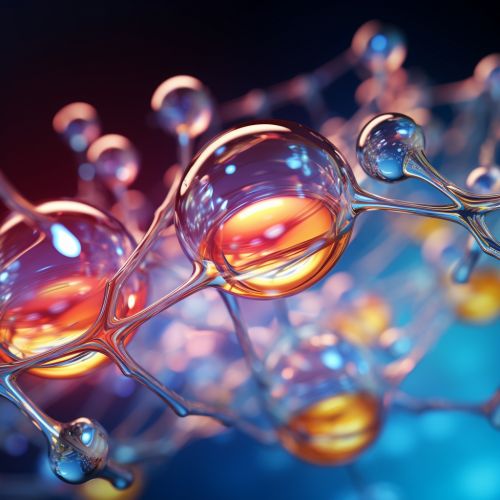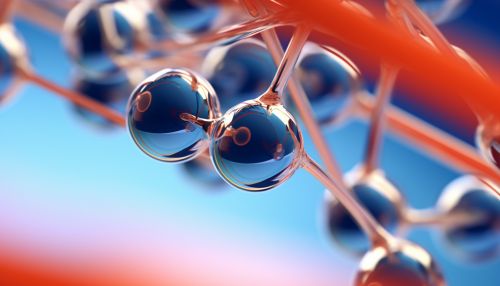Abiogenesis
Introduction
Abiogenesis is the natural process by which life arises from non-living matter, such as simple organic compounds. The study of abiogenesis involves the fields of chemistry, biology, astrobiology, and geology among others. The concept of abiogenesis is distinct from evolution, which deals with how life changes and diversifies after it has already originated.


Historical Views
Abiogenesis was first proposed in ancient times by Greek philosophers such as Anaximander and Aristotle, who believed that life could spontaneously generate from non-living matter. However, these early ideas about abiogenesis were largely speculative and not based on empirical evidence.
Modern Understanding
Modern understanding of abiogenesis is based on a variety of scientific disciplines. The study of abiogenesis now involves detailed investigations into the chemical pathways that may have led to the formation of the first living organisms.
Chemical Evolution
The concept of chemical evolution suggests that a progression of increasingly complex chemical reactions led to the formation of life. This process would have begun with simple molecules, such as methane and ammonia, which could have reacted to form more complex organic compounds.
Miller-Urey Experiment
The Miller-Urey experiment was a landmark study in the field of abiogenesis. Conducted in 1953, the experiment demonstrated that a mixture of simple chemicals, when exposed to heat and electricity, could produce amino acids, the building blocks of proteins.
RNA World Hypothesis
The RNA world hypothesis suggests that RNA molecules could have been the first form of life. RNA is capable of both storing genetic information and catalyzing chemical reactions, making it a plausible candidate for the first self-replicating molecule.
Challenges and Criticisms
Despite the progress made in understanding potential pathways for abiogenesis, the process remains poorly understood. There are several challenges and criticisms associated with the study of abiogenesis.
Lack of Direct Evidence
One of the main challenges in studying abiogenesis is the lack of direct evidence. The conditions on early Earth are difficult to recreate, and the chemical reactions that may have led to the formation of life are complex and not fully understood.
Panspermia Hypothesis
The panspermia hypothesis suggests that life may have originated elsewhere in the universe and been transported to Earth. This hypothesis, while not disproving abiogenesis, complicates the study of life's origins.
Conclusion
Abiogenesis remains one of the most intriguing and challenging topics in science. Despite the many unanswered questions, the study of abiogenesis provides valuable insights into the nature of life and the potential for life elsewhere in the universe.
